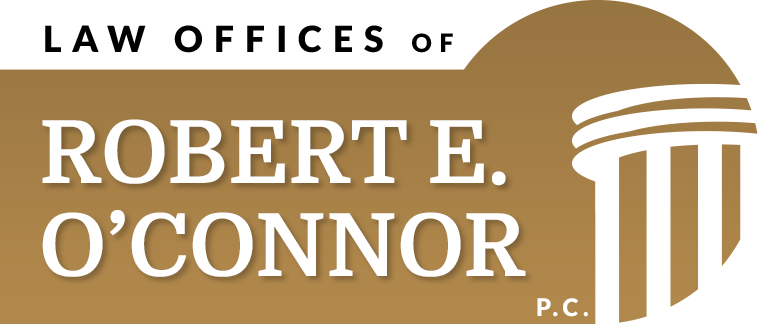Estate Planning Guide and Checklist

Planning for the future can be overwhelming, but having a solid estate plan is essential if you hope to have your wishes honored and your loved ones taken care of when you’re gone. Estate planning involves making decisions about what will happen to your money, property, and other assets after you pass away or if you become incapacitated. Follow this estate planning guide for more information.
Who Needs an Estate Plan?
Creating an estate plan is not just for the wealthy. Whether your estate is large or small, having a plan is the key to avoiding the complications of dying intestate (without a will). If you don’t have an estate plan, the court decides who gets what, which might not align with your wishes. An estate plan helps minimize estate taxes, provides for your family, and puts your medical and financial decisions in the hands of people you trust.
Estate Planning Checklist
Whether you decide to tackle your plan alone or with a lawyer’s guidance, estate planning generally involves these steps:
- Take inventory of your assets: List everything you own, including physical assets (cars and homes), financial assets (bank accounts and investments), and digital assets (online accounts and digital files).
- Consider your needs: Modest estates may only need a simple will, while more complex or high-value estates could benefit from a trust. If you’re unsure what’s best for you, consult an estate planning attorney for advice.
- Make a will: A will is a fundamental part of any estate plan. It outlines who will receive your assets and who will be responsible for executing your wishes. There are various types of wills, so work with an attorney to help you choose the best one for your situation.
- Choose the people involved: Decide who will be your executor (the person who carries out your will), your children’s guardian (if applicable), and your power of attorney (the person who makes financial and medical decisions on your behalf).
- Decide who gets what: Detail which assets your beneficiaries will receive. This can include specific bequests, like leaving a family heirloom to a particular relative, and more significant distributions, such as dividing your estate among your children.
- Write a letter of instruction: This document covers details that might not be included in your will, such as your funeral wishes, the care of your pets, or the location of important documents.
- Talk to your loved ones: Make sure your family knows about your estate plan. Open communication helps prevent misunderstandings, confusion, and conflict later on.
- Distribute key documents: Ensure that your executor and power of attorney have copies of your estate planning documents. Store the originals in a secure place, like a safety deposit box or fireproof safe, and keep digital copies in a password-protected folder on your computer.
Estate Planning in Media, PA
If you need help with this estate planning checklist, turn to the Law Offices of Robert E. O’Connor, P.C. We’ve been helping clients secure their legacies since 1997. Mr. O’Connor would be happy to answer all your questions and help you create a comprehensive estate plan tailored to your needs. When you’re ready to protect your family and your future, please call us at (610) 566-1110 to schedule an appointment at our office in Media, PA.
